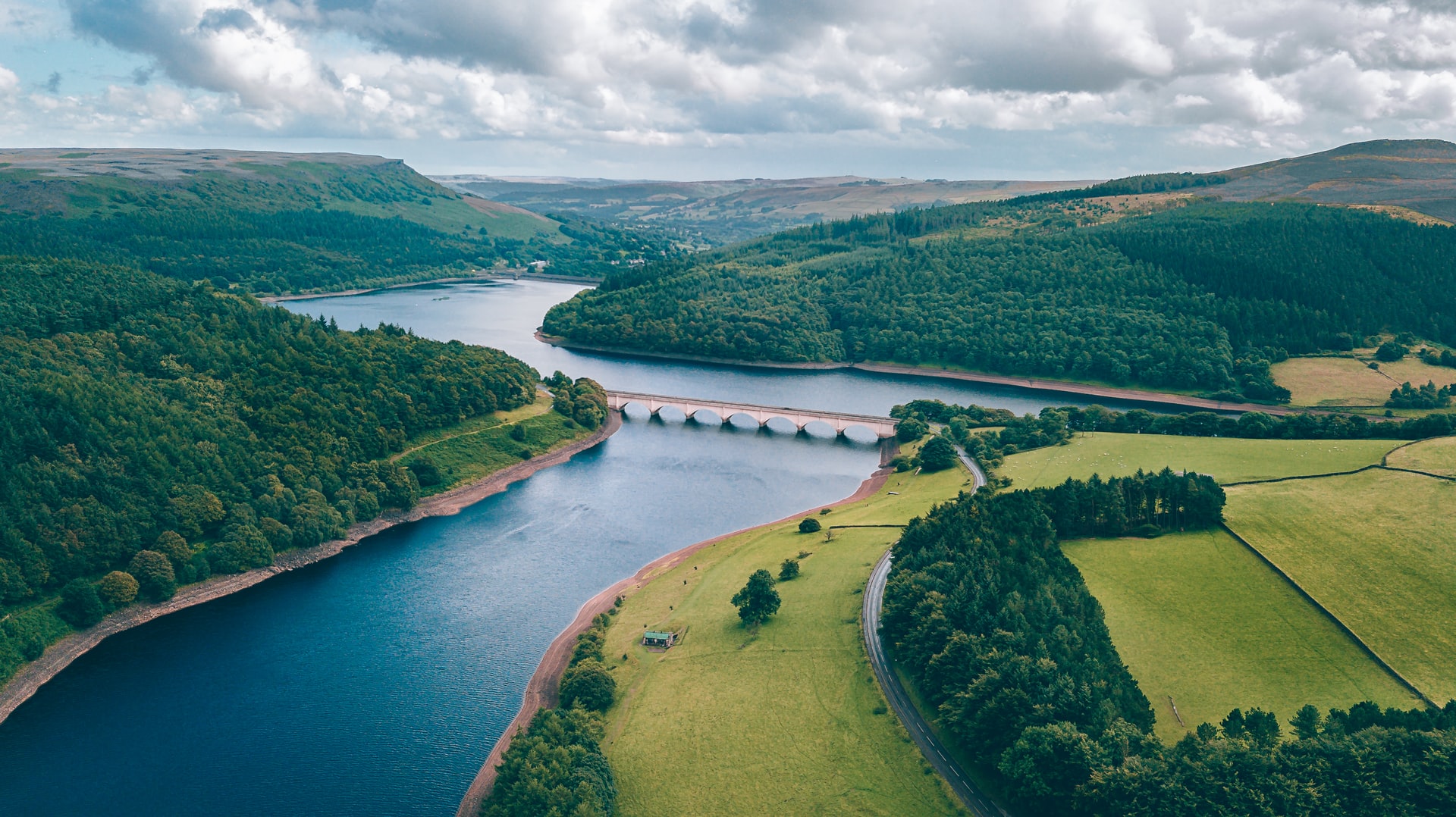The goal of the ‘Green Recovery in Central and Eastern Europe from a Water Perspective’ paper is to provide recommendations for recovery from the COVID-19 pandemic from integrated water resources management perspective. The paper proposes a set of water related measures for a new recovery instrument, Next Generation EU and the opportunities to boost the economy for the countries in Central and Eastern Europe (CEE). The Next Generation budget is €750 billion in grants and loans.
According to the European Commission, total national allocation from Recovery and Resilience Facility to these CEE countries is €71.031 billion (22.91% of EU27) and from the Just Transition Fund €16.720 billion (55.73% of EU27)
EU Recovery Plans
To ensure the sustainability, fairness and inclusiveness of the recovery, for all member states, the European Commission proposed a new recovery instrument, Next Generation EU, that is a part of a long-term EU budget. Next Generation EU with €750 billion as well as adjustments to the long-term EU budget for 2021-2027 brings the total EU budget to €1.85 trillion.
The plan to relaunch the economy does not strive for the previous status quo, instead it is looking to the future. Currently, there is a lack of integration of water policies with other sectors, strategies and plans, e.g., water and land use management. Innovative and forward-looking water challenges include green infrastructure in building restoration, as well as the digital transformation.
In CEE, there are still gaps in wastewater treatment and sanitation in small communities. Development of water supply and sanitation (WSS) will also support economic recovery and employment after the pandemic, as the measures require relatively intensive labour force involvement.
Climate Resilience and Transboundary Cooperation
Climate change as a long-term crisis has a severe impact on the countries in the southern part of the region. The integrated reform plans focus on the national level, therefore opportunities for international water cooperation are limited. However, they can support and strengthen water cooperation in data collection and sharing. Also, the European Green Deal supports pollution prevention, preserving and restoring ecosystems and biodiversity that reach beyond member states boundaries.
Therefore, transboundary cooperation can be supported through established platforms and conventions, such as the European Union (European Environment Agency), UN agencies (United Nations Economic Commission for Europe), international and intergovernmental organisations (ICPDR, International Sava River Basin Commission, World Bank) and macroregional strategies (EU Danube Region Strategy, Strategy for the Baltic Sea Region, Strategy for the Adriatic and Ionian Region).
Climate resilience through water
Over the next 6 years, GWP CEE will provide advice during national dialogues, planning, and investments associated with climate resilience-related development priorities and national adaptation planning. It will facilitate access to climate finance for climate adaptation and mitigation projects. GWP CEE will support integrated resilience planning, including water infrastructure.
Conclusions
Governments in Central and Eastern Europe are currently working on the preparation of the National Integrated Reform Plans to comprise a set of reforms and investments to strengthen the resilience of their economies.
Just Transition Fund will create economic opportunities for small and medium-sized enterprises. It is an opportunity to support businesses offering decentralized off-grid energy and water solutions – IT, remote sensing, heat pumps, geothermal energy, or decentralized wastewater treatment.
National Integrated Reform Plans should be prepared in wide consultation with stakeholders who can provide methodological support during the implementation phase. Since most of the funding from Next Generation Europe will be spent on grants, this is a one-time opportunity to use these resources wisely for structural reforms that pay off in the long term.
